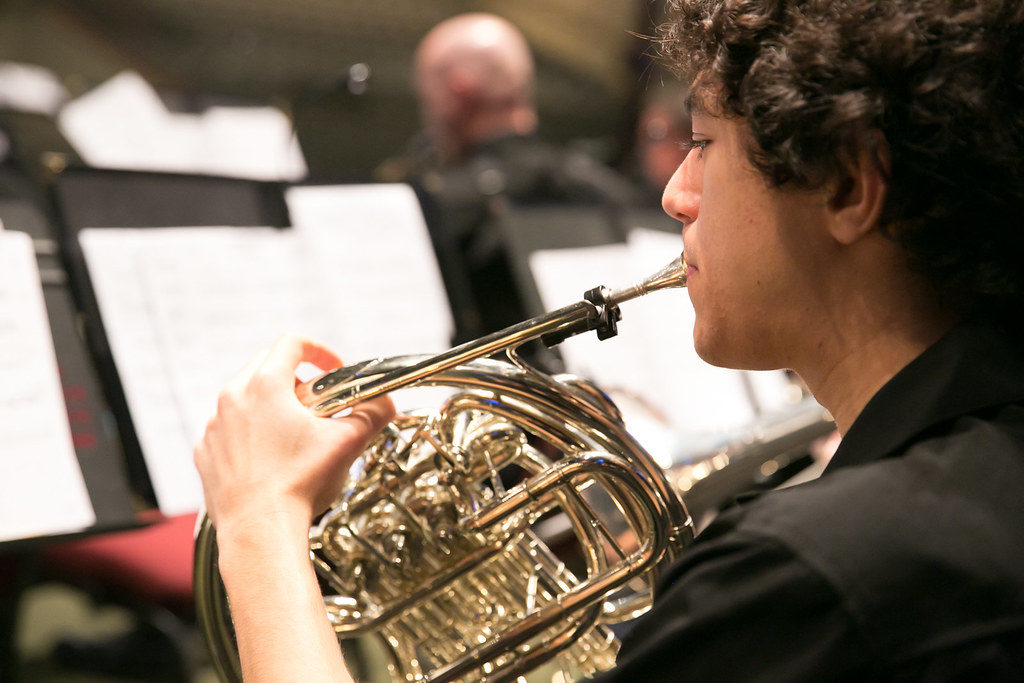French Horn – Artificial Limitations on Your Talent Is Not Humility (Musicians)(Psychology)(Pain)(Strain)(Injuries)(Posture)(Alexander Technique)(Albuquerque)
This ebook, An Alexander Technique Approach to French Horn Technique, is published on this website in a PDF format. It is very detailed and practical, and it will give you the physical tools you need to take the limits off of your ability to create the accurate horn technique you want without sacrificing your body.
This ebook is also for sale on all AMAZON websites in a KINDLE format.
Located in Albuquerque, New Mexico, U.S.A. (MOVEMENT THERAPY)
When you play the French horn for yourself and/or others as a gift, this is humility. When you tell yourself what you can’t do on the French horn, you are setting up artificial limitations on your potential, and this isn’t loving or being humble.
By the time a French horn player has decided what he or she can or can’t do on their instrument, it is a cumulative decision made over the years. It’s reinforced by years of struggle on the French horn – not being able to do what you want or doing what you want with a huge effort.
These artificial limits on your talent can also be reinforced by French horn teachers who can only see what you do, and may not see what you are capable of.
I’M GOING TO GIVE YOU ALL OF YOUR POWER BACK BY TELLING YOU THAT YOU CREATED THIS. What do I mean? Unconsciously you told yourself what you couldn’t do on the French horn, and unconsciously you told your French horn teachers what you couldn’t do. This is your own power turned against yourself, but it is perceived by you as you being a victim of limited talent or being humble.
What if you flipped it over? What if you made a list of what you can’t do on the French horn, and you went about eliminating all of your weaknesses, by focusing on what you can’t do, one problem at a time. This is a loving way of letting go of your beliefs that have limited your potential on the French horn.
This is a fancy way of saying stay with the means over the ends. What do I mean? Instead of placing your awareness on what is or is not coming out of the French horn, you begin placing all of your attention on letting go of what is in your way technically on the French horn.
This is what the Alexander Technique teacher does. But I have carried this a step further in all of my ebooks. I look at the basic overall postural components in playing an instrument, and then I carry this into troubleshooting. This means I help the client look at very specific things they’re doing in their technique that are not working, and make the changes that get the artificial limits of a flawed technique out of the way.
Ex: When you use excessive pressure to press the French horn keys and too much tension to create air support, then you are doing something that creates unnecessary strain. You should only do the minimum necessary to press the French horn keys and create air support. When you play the French horn always doing the minimum to create a great sound, then you will realize you may be letting go of a half or more of the work you’ve been doing to play the French horn.
Make a list of all of your limitations on the French horn, and if you truly look at the technique you acquired accidentally or were taught that hasn’t worked, you will find that there is a physical solution to your artificial limitations.
Then you can be truly humble by giving the gift of a loving performance with a loving French horn technique that lets you do everything you want in a beautiful composition.
